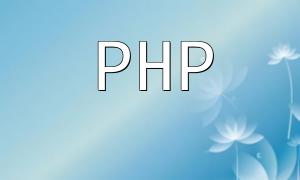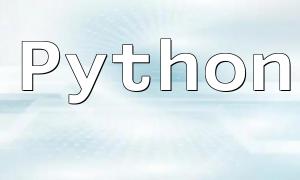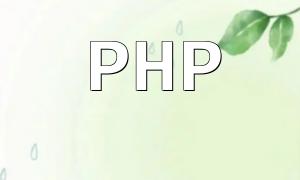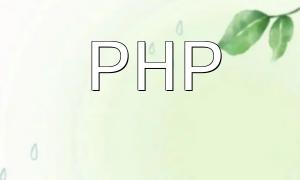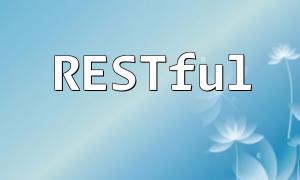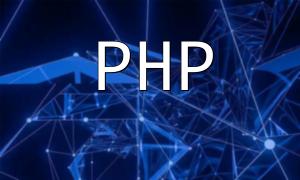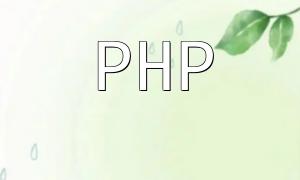Introduction
With the development of the internet, PHP has become an essential web development language, widely used in the construction of various websites and applications. A proficient PHP developer not only needs to master the language fundamentals but also follow scientifically rational coding standards to ensure clear, standardized, and maintainable code. This article systematically introduces PHP coding standards, supplemented with examples, to help readers comprehensively improve the quality of their PHP code.
1. Naming Conventions
In PHP development, standardized naming greatly enhances code readability and maintainability. Common naming conventions are as follows:
- Variables and functions use camelCase, such as $myVariable, getUserName().
- Classes and interfaces use PascalCase, such as ClassName, MyInterface.
- Constants are written in all uppercase letters with underscores separating words, such as MAX_LENGTH, DB_HOST.
2. Indentation and Line Breaks
Proper indentation and line breaks enhance the clarity of the code structure. Generally, logic blocks should be wrapped in curly braces, with a line break before the opening brace and after the closing brace, as shown below:
if ($condition) {
// Execute logic
$variable = 1;
} else {
// Other logic
$variable = 2;
}
3. Commenting Conventions
Comments aid in understanding and maintaining code. Good commenting conventions include:
- Single-line comments use double slashes //, such as // This is a single-line comment.
- Multi-line comments are enclosed with /* ... */, such as:
/*
This is a multi-line comment
Explains the function of the code
*/
- Function comments generally precede the function definition and use multi-line comment format to describe parameters and return values, such as:
/**
* This is an example function
* @param string $name The username
* @return string Returns a greeting message
*/
function sayHello($name) {
return "Hello, " . $name;
}
4. Error Handling and Exceptions
A robust error handling mechanism improves code stability. Common practices include:
- Using error_reporting() to set error levels and try...catch blocks to catch exceptions:
error_reporting(E_ALL);
try {
// Code that may throw an exception
} catch (Exception $e) {
echo "An error occurred: " . $e->getMessage();
}
- Creating custom exception classes and throwing exceptions when needed:
class CustomException extends Exception {
// Custom exception handling code
}
try {
if ($condition) {
throw new CustomException('A custom exception occurred');
}
} catch (CustomException $e) {
echo "Caught exception: " . $e->getMessage();
}
5. Security Standards
Ensuring code security is a critical aspect of PHP development, and it mainly includes:
- Preventing SQL injection by using prepared statements and parameter binding:
$stmt = $pdo->prepare("SELECT * FROM users WHERE username = ?");
$stmt->execute([$username]);
$results = $stmt->fetchAll();
- Filtering and validating user input to avoid malicious data, such as using filter_input():
$username = filter_input(INPUT_POST, 'username', FILTER_SANITIZE_STRING);
6. Other Conventions
Apart from the above points, also pay attention to:
- Code formatting: Use proper indentation and spacing to improve code tidiness.
- File naming conventions: Use meaningful names that conform to project or team standards.
- Code reuse: Avoid redundant logic and use functions, classes, or interfaces for encapsulation.
- File header comments: Include author, date, and file description to facilitate management.
Conclusion
Through the detailed explanation provided in this article, readers can systematically master the core standards for PHP code writing. Well-structured code not only improves development efficiency but also aids in future maintenance and collaboration. In actual projects, these standards should be applied flexibly based on specific needs, and the development process should be continuously optimized. This guide is hoped to provide practical help in your PHP development journey.
